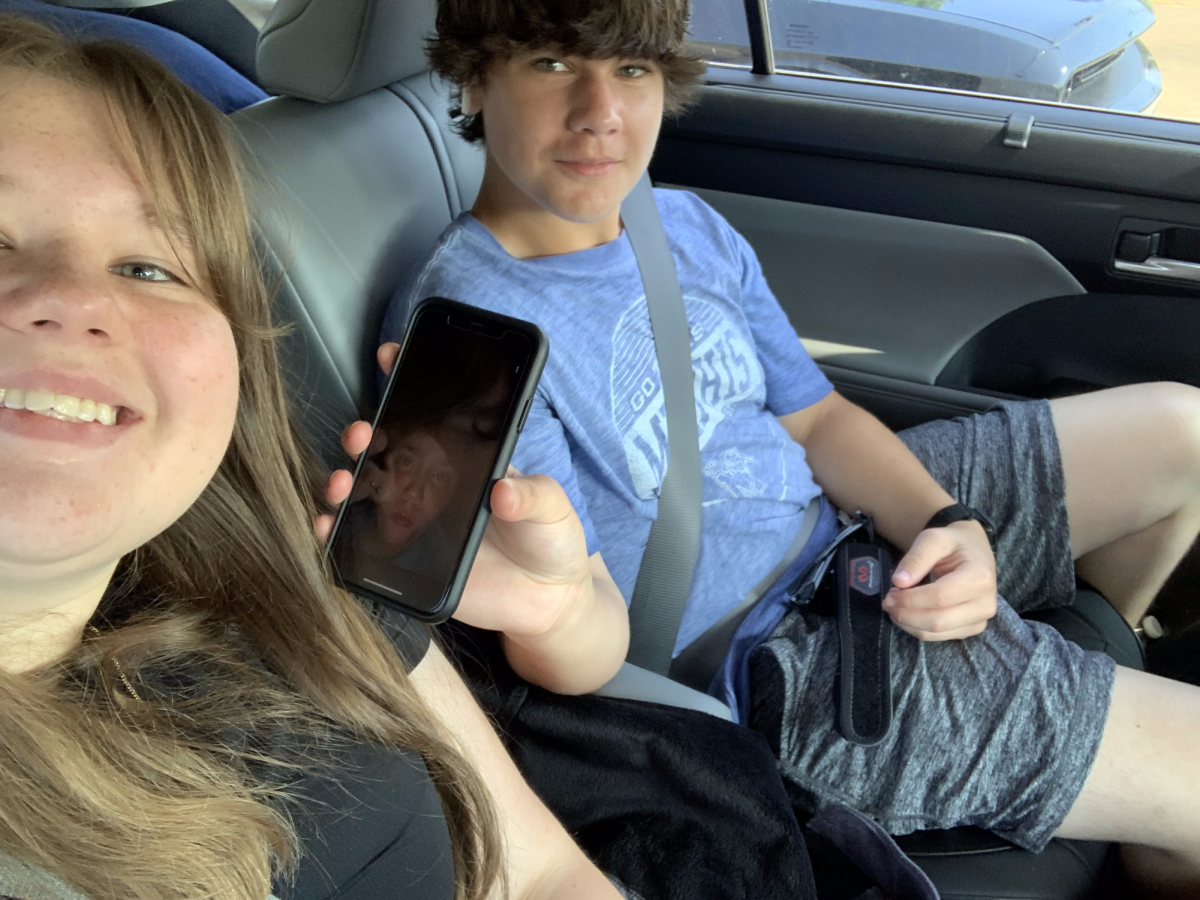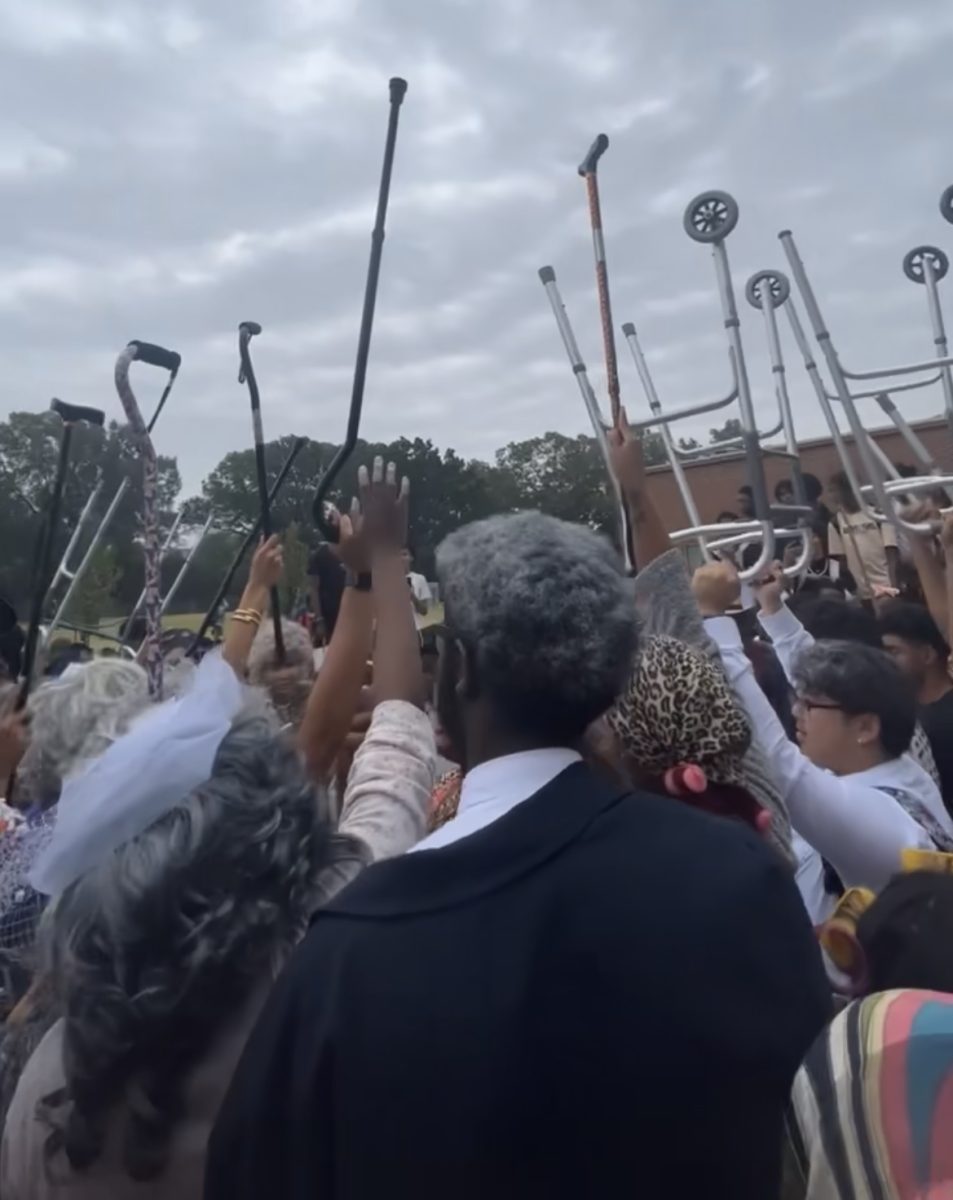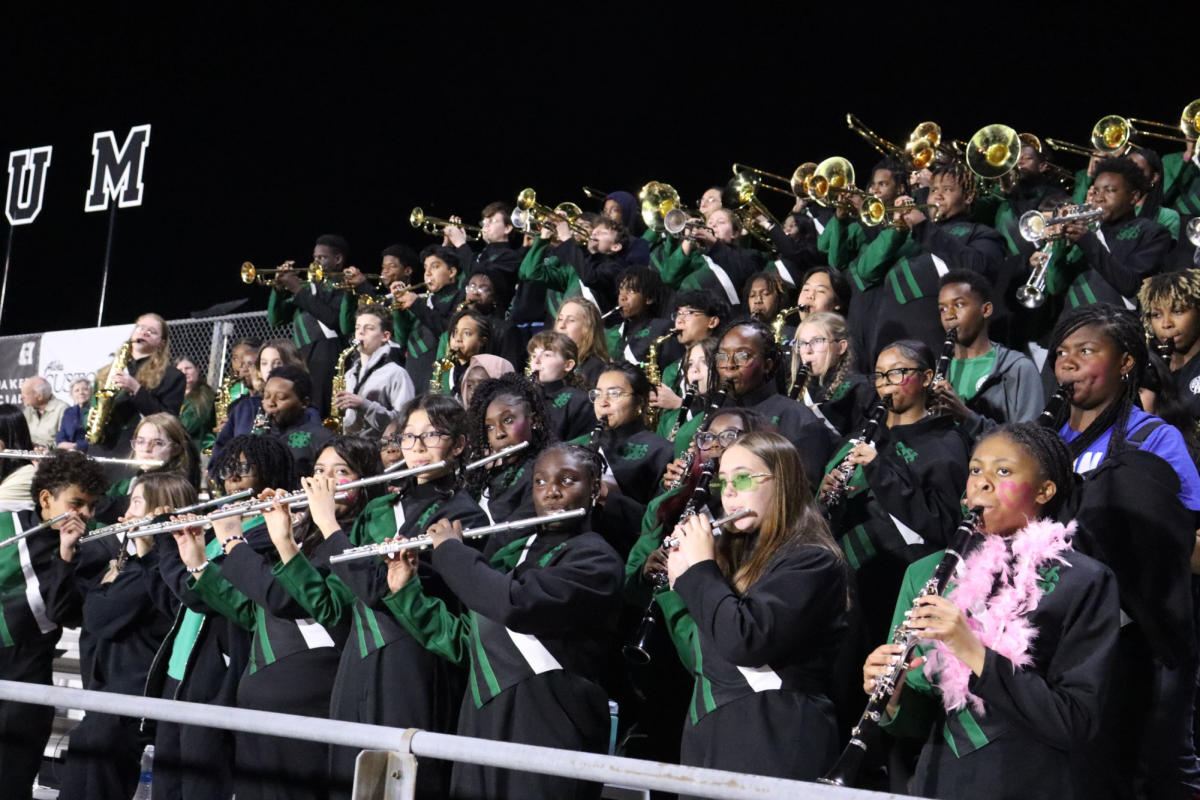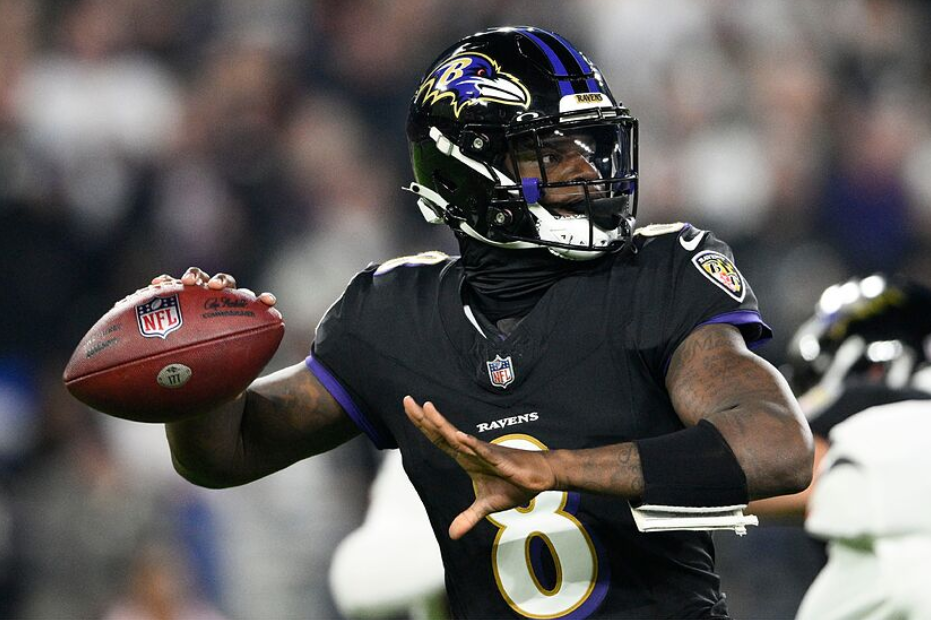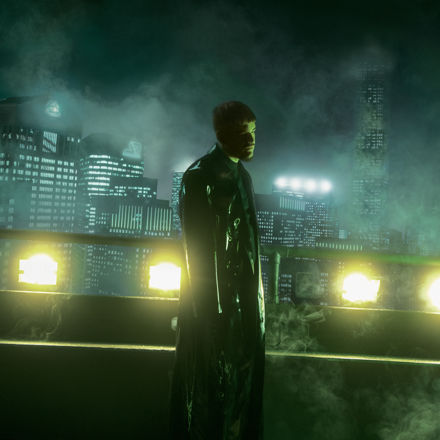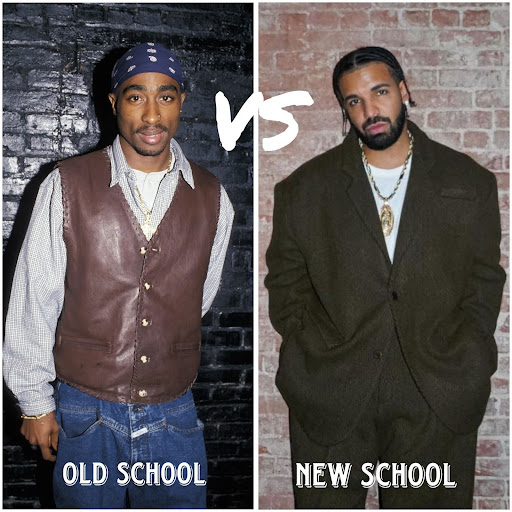
In the corridors of rap history, the echoes of old school beats ring alongside the youthful sounds of the new generation. From the poetic lyrics of Tupac Shakur and the storytelling of The Notorious B.I.G. to the melodies of Drake and the experimentation of Lil Uzi Vert, the rap landscape has transformed throughout decades, attracting a diverse group of listeners and establishing a cultural influence in the world of pop culture.
“Just hearing people talk about [rap] at school and a lot of YouTube and instruments, that kind of thing got me to start listening,” Ehman Sandhu (10) said. “I like the sound of [rap], it has a lot more feel than other genres.”
Old school rap was often made with samples from jazz, funk and soul music; it featured two to three beats that overlapped, creating a rhythm. However, the emergence of new school rap has seen a shift towards trap-like music, sampling electronic beats, with songs typically having six to eight beats per track.
“I feel like [new school rap] has more dynamic, like there’s more energy put behind it, and one thing I like about newer music is the melodies that it brings,” Oliver Franklin (11) said. “I feel like in older eras of hip-hop, there’s not that good of melodies compared to what there is now.”
In the past, lyrics have often emphasized storytelling, social commentary and personal experiences, with artists diving into themes like social justice, community struggles and the realities of life. Many new rap tracks have shifted into highlighting materialism, party culture and individualistic endeavors, with a focus on flexing wealth, fame and success. But alongside the rise of new school rap, people have also raised concerns over lyrical content, claiming that there is a lack of authenticity, leading many to discuss changing the true values of rap culture.
“Overall, in rap, I feel like it’s the same message aside from some outliers,” Franklin said. “They’re the same lyrics just delivered differently. To be honest, in new generation rap, there’s less emphasis on the lyrics themselves and it’s gotten to the point where some don’t even listen to lyrics.”
Advancements in technology have allowed a rise in digital audio workstations and online streaming platforms that assist many aspiring artists in creating and sharing their own music. Social Media platforms like TikTok and Instagram also allow artists to connect with fans, promote their music and build their brand.
“[Social media] definitely changes how songs get popular,” Sandhu said. “Before, people listened to full albums, but now it’s like five or ten seconds for a TikTok sound or an [Instagram] reel.”
Rap has had a cultural impact on mainstream society, influencing everything from fashion trends to language to activism. Both old school and new school rap have introduced slang terms and expressions that have become a part of everyday conversations.
“I think [the cultural impact] is more now,” Sandhu said. “Mainstream rappers are definitely a lot bigger in the public eye, especially with streamers like Kai Cenat streaming rappers’ song lyrics.”
Following the recent Grammy Awards held on Feb. 4, the world witnessed an example of the debates fans encounter with different rap generations. Killer Mike, an activist and old school American rapper, received the Grammy for Best Rap Album, one of the most controversial awards of the night as he won over mainstream artists like Travis Scott, Drake and 21 Savage and Metro Boomin.
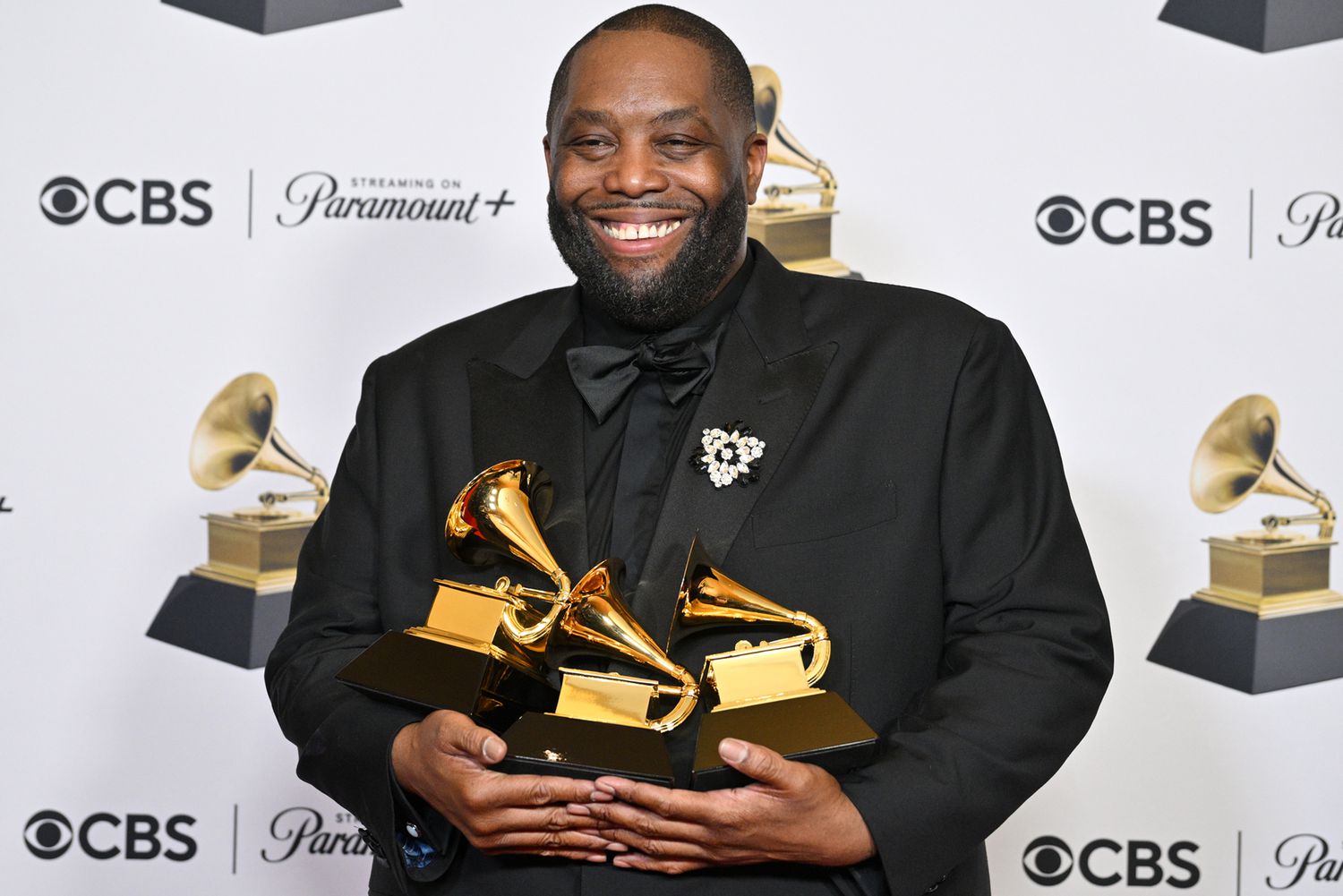
“I get why they’d want Killer Mike to win, but Utopia is bigger and deserved to win,” Sandhu said. “They shouldn’t have asked Travis [Scott] to perform if they weren’t going to give him the award.”
Some, like Sandhu, initially criticized Killer Mike’s Grammy win. However, others applauded the recognition, acknowledging that it served as a moment to introduce his music to a broader audience who may not have known him before.
“I love Travis Scott and I saw that he lost the Grammys, but I was really interested in what Killer Mike’s album had to provide,” Franklin said. “That’s what really got me into it … initially I was upset, but after listening, it made me respect the decision more.”
As different as old school and new school rap may be, they share a common trait in their ability to experiment and reflect the society of their respective times. The quality of rap goes beyond generational divides, reminding listeners that good music is good music, regardless of its era. Whether it is the classics of old school or the innovations of new school, many can embrace it all and enjoy the diversity rap has to offer.
“You really just have to go in with, like, an open mindset of what you’re listening to,” Franklin said. “You can’t go listening to a song by Playboi Carti and expect to be blown away by lyrics or flow … appreciate the production. It’s just like you can’t go [listening to] a Killer Mike song and not pay attention to lyrics, because that’s what really carries him.”



